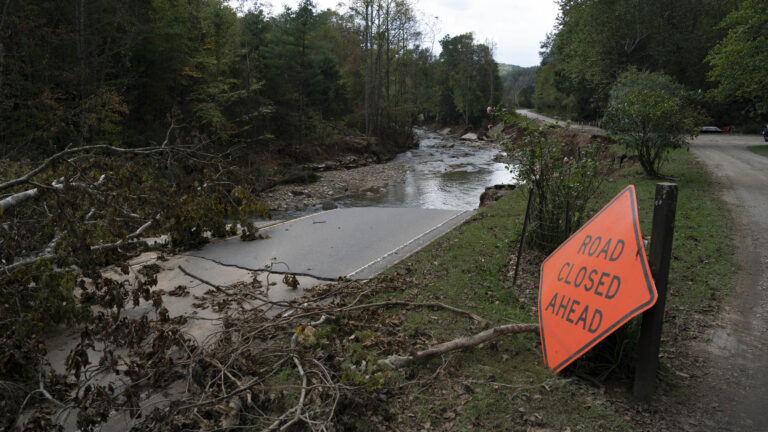Just before the Fourth of July holiday, Elon Musk moved to dismiss a lawsuit alleging that he intentionally misled Twitter investors in 2022 by failing to disclose his growing stake in Twitter while tweeting about potentially starting his own social network in the weeks ahead of announcing his plan to buy Twitter.
Allegedly, Musk devised this fraudulent scheme to reduce the Twitter purchase price by $200 million, a proposed class action filed by an Oklahoma Firefighters pension fund on behalf of all Twitter investors allegedly harmed claimed. But in another court filing this week, Musk insisted that "all indications"—including those referenced in the firefighters' complaint—"point to mistake," not fraud.
According to Musk, evidence showed that he simply misunderstood the Securities Exchange Act when he delayed filing a Rule 13 disclosure of his nearly 10 percent ownership stake in Twitter in March 2022. Musk argued that he believed he was required to disclose this stake at the end of the year, rather than within 10 days after the month in which he amassed a 5 percent stake. He said that previously he'd only filed Rule 13 disclosures as the owner of a company—not as someone suddenly acquiring 5 percent stake.
Musk claimed that as soon as his understanding of the law was corrected—on April 1, when he'd already missed the deadline by about seven days—he promptly stopped trading and filed the disclosure on the next trading day.
"Such prompt and corrective disclosure—within seven trading days of the purported deadline—is not the stuff of a fraudulent scheme to manipulate the market," Musk's court filing said.
As Musk sees it, the firefighters' suit "makes no sense" because it basically alleged that Musk always intended to disclose the supposedly fraudulent scheme, which in the context of his extraordinary wealth, barely saved him any meaningful amount of money when purchasing Twitter.


 Loading comments...
Loading comments...
